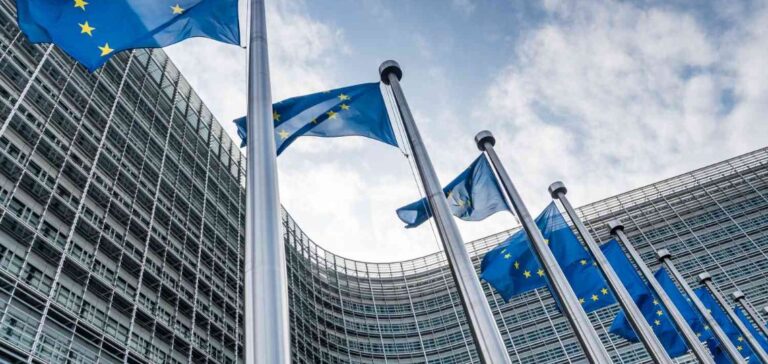Since the cessation of Russian gas deliveries to the separatist region of Transnistria, Moldova has been facing an energy crisis threatening the country’s stability. In response, the European Union has allocated new funding of €250 million to help Chisinau secure its energy supply and gradually integrate its market with that of the EU.
An Energy Context Under Pressure
Moldova, currently negotiating its accession to the European Union, is experiencing the repercussions of the war in Ukraine, particularly through the interruption of Gazprom deliveries via Kyiv. The expiration of the transit contract between Ukraine and Russia led to the blockage of supplies intended for Transnistria, a region that has remained outside the central Moldovan government’s control since 1992.
Gazprom, citing a financial dispute over Moldova’s energy debt, has refused to explore alternative routes to maintain deliveries. This situation has resulted in heating, hot water, and electricity shortages in the separatist region since the beginning of 2025.
A Financial Response from Brussels
To address the emergency, the European Union initially released €30 million in early February to facilitate the transport of European gas to Transnistria. This assistance helped mitigate the immediate effects of the energy crisis.
The newly announced €250 million package is part of a broader support strategy aimed at strengthening Moldova’s energy independence. A portion of this aid includes a €60 million proposal specifically intended to cover Transnistria’s energy needs until mid-April, subject to conditions related to human rights and freedoms in the region.
Objective: Integration into the European Energy Market
In a statement on social media platform X, the EU Commissioner for Enlargement, Marta Kos, emphasized the importance of this European commitment to enabling Moldova to “take back control of its energy future.” European Commission President Ursula von der Leyen also reaffirmed the EU’s determination to completely detach the former Soviet republic from Russia regarding energy supply.
Moldova is thus working to accelerate its integration into the European energy market while diversifying its energy sources to prevent another crisis. Brussels’ financial support comes at a crucial time, as Chisinau seeks to secure its energy future amid growing regional geopolitical tensions.





















